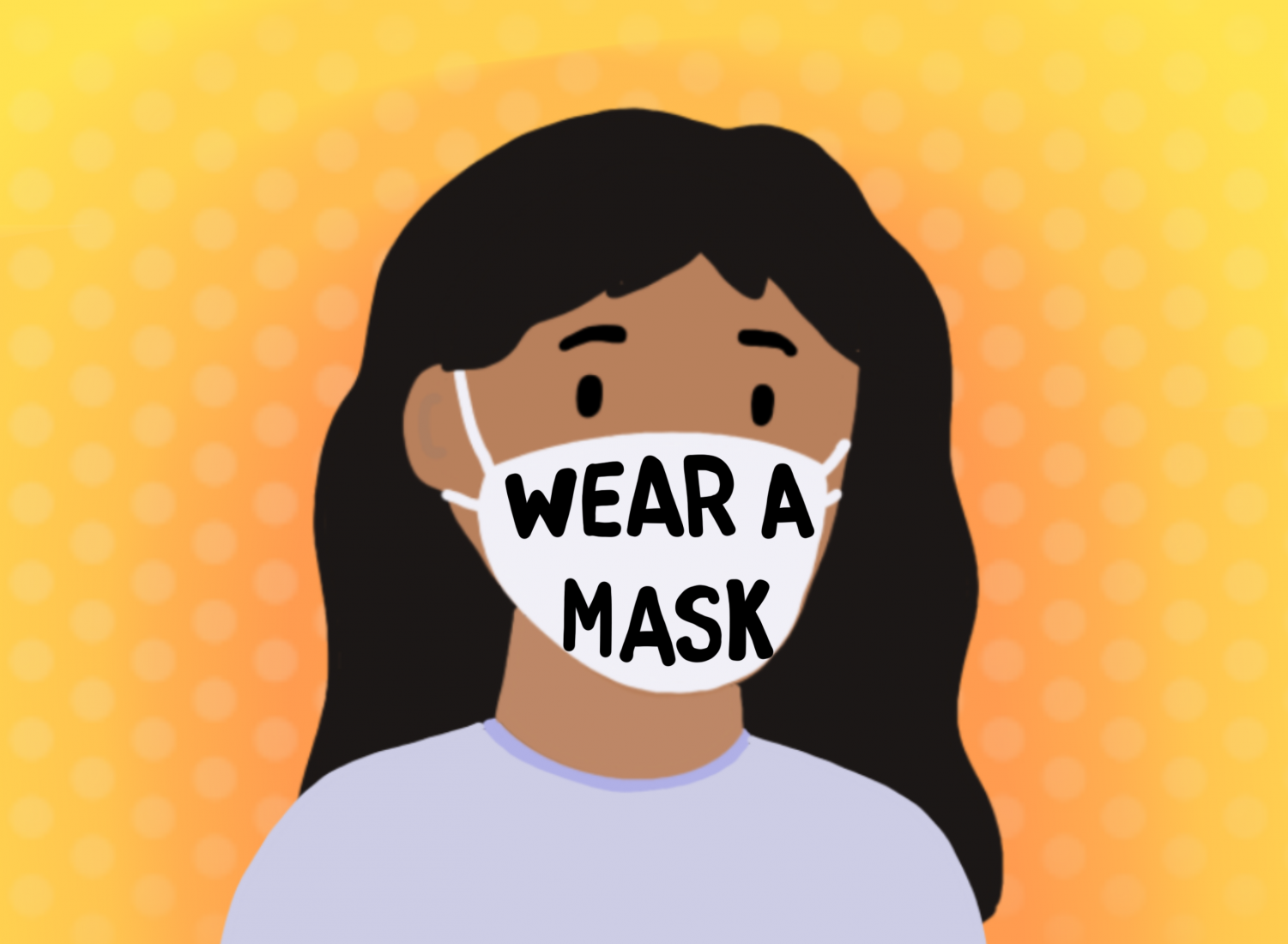How to encourage mask-wearing?
Much as psychology may help understand why individuals can reject masks, it can also provide advice on how to get them embraced by individuals. A range of cognitive psychology methods may be used to convince individuals to comply with health advice, such as mask-wearing, social detachment, and self-isolation.
One main technique of persuasion is to represent the agreement. They are more likely to follow it when you show individuals that an attitude is shared (or not) by others. Seeing someone wearing a mask makes it more likely that the same would happen to others.
Therefore, persuasion techniques could concentrate on ensuring that individuals view mask-wearing as widespread, either by regularly presenting it in the media or by making it obligatory in some areas.
From previous research, we also know that if they are straightforward, reliable, easy, and consistent, and if they trust the source from which they come, people are more likely to comply with public health recommendations.
But these kinds of “one-size-fits-all” approaches to persuasion and behavioral improvement are likely to be constrained in their efficacy. Initial studies in the field of customized persuasion indicate that, based on combinations of their main characteristics (their “psychographic profiles”), it may be more successful to pursue tailored approaches for individuals.
For instance, we established three key personality profiles in a recent piece of non-COVID study. Those who are shyer, socially inhibited and nervous appear to say that those in control are more likely to be convinced, whereas those who are more self-oriented and manipulative tend to feel the opposite; they report that authority figures are less likely to be swayed.
In addition, those in the third category who are friendly, extroverted, and cautious report that they are more likely to be persuaded to do something if it is compatible with what they have done before and less likely to change their stance if it needs them. This means they are more likely to resist any future attempts to make them wear one if they have concluded in the past that wearing masks is a negative thing.
A recent article concluded that it would not help to scream at people to wear masks, and this analysis of customized persuasion backs this up. To such a blunt and heavy-handed strategy, only those in the shy and nervous group will be likely to respond well.
It is easier than ever before for vested interests to spread disinformation on vital matters of public interest. Please contact us if you have any other doubts we will be happy to connect with you and explain more.
Click Here to learn more about the habits of highly resilient people
Address: 4/18, Ground floor, Artist Village, Sector 8, CBD Belapur, Navi Mumbai, Maharashtra, India
Phone Number: +919833784373
Facebook: https://www.facebook.com/Minds-Bhumika-Psychology-Clinic-in-India-102045925138458
Google My Business Link: https://g.page/MindsBhumikaPsychologist?gm
Business Email: contact@mindsbhumika.com
Website: https://mindsbhumika.com/




